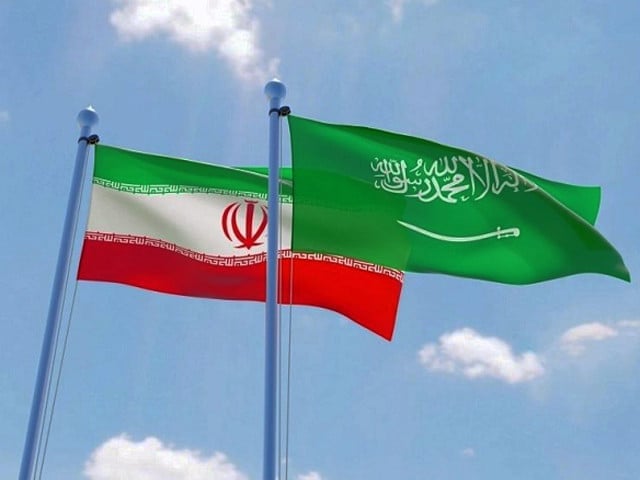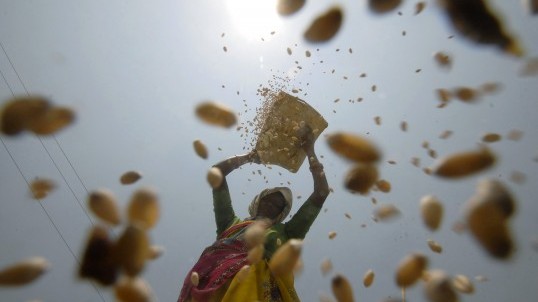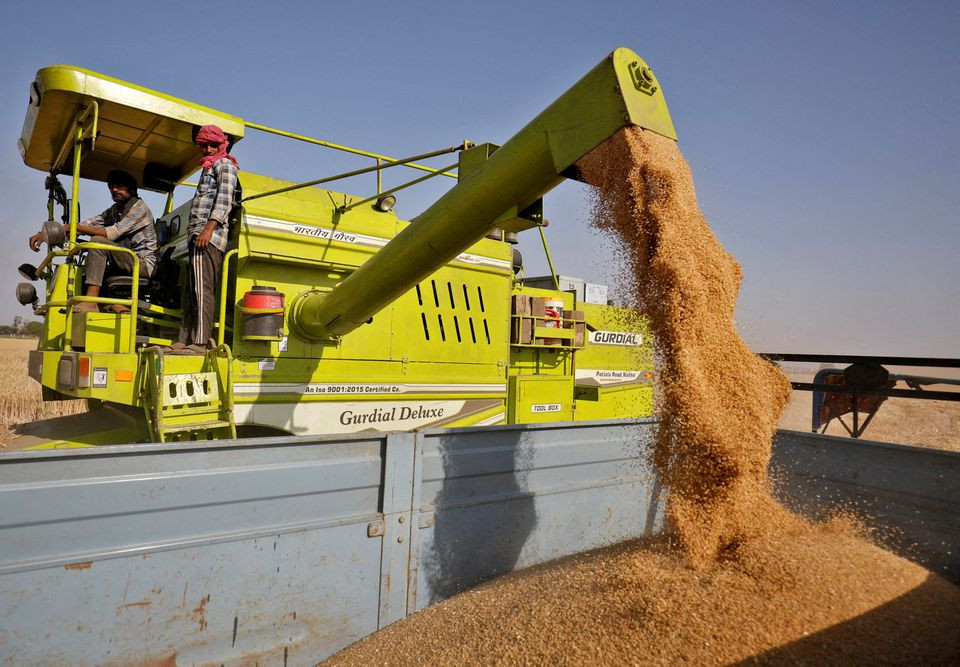
IMF loan should be a catalyst for change, not a panacea
Pakistan’s recent approval for a $1.1 billion tranche from the International Monetary Fund (IMF) marks a significant milestone in the country's economic journey. This financial injection arrives at a crucial juncture, offering both relief from immediate economic pressures and a strategic opportunity to implement transformative policies for long-term sustainability.
The economic landscape of Pakistan has been marred by challenges such as high inflation rates, dwindling foreign currency reserves, and a heavy reliance on external financial assistance. The COVID-19 pandemic further exacerbated these issues, underscoring the need for proactive measures to stabilise the economy and pave the way for robust growth.
The IMF loan approval is not merely about receiving funds; it is about implementing effective reforms and policies that will drive sustainable economic development. The key lies in prudent and strategic utilisation of these funds across various sectors.
One area of paramount importance is infrastructure development. Investing in infrastructure projects, such as transportation networks, energy facilities, and digital infrastructure, not only creates immediate job opportunities but also lays the foundation for long-term economic growth. Improved infrastructure enhances productivity, attracts investment, and facilitates both domestic and international trade, thereby boosting economic activity.
Education and healthcare are integral components of a thriving economy. Allocating funds towards improving education quality, enhancing vocational training programs, and strengthening healthcare systems will result in a more skilled workforce and reduce the economic burden of healthcare costs. A healthy and educated population is not only an asset but also a prerequisite for sustainable development.
Furthermore, embracing technological advancements and fostering innovation ecosystems are imperative for economic diversification and competitiveness. Supporting startups, promoting digitalisation across sectors, and investing in research and development can unlock new economic opportunities, create high-value jobs, and position Pakistan as a leader in emerging industries.
Structural reforms are also essential for long-term economic resilience. Government must prioritise fiscal discipline by implementing prudent fiscal policies, diversifying revenue streams, rationalising expenditures, and managing debt effectively. Strengthening governance, transparency, and accountability mechanisms will enhance investor confidence and attract both domestic and foreign investments.
An enabling business environment is crucial for economic growth. Streamlining regulations, improving ease of doing business indices, ensuring contract enforcement, and protecting property rights are vital steps towards creating a conducive environment for businesses to thrive. Public-private partnerships (PPPs) can also play a significant role in infrastructure development, service delivery, and technology transfer.
While the IMF loan provides immediate liquidity and support, its success hinges on effective implementation and sustainable practices. Government must prioritise long-term vision and sustainability in its economic policies. Managing external debt responsibly, promoting inclusive growth, and integrating environmental considerations are key pillars for building a prosperous and resilient economy.
In conclusion, the IMF loan is not a panacea but a catalyst for change. Pakistan has an opportunity to leverage these funds effectively, implement sound economic policies and reforms, and unlock its full economic potential. By embracing innovation, investing in human capital, fostering a conducive business environment, and pursuing sustainable development goals, Pakistan can chart a path towards inclusive, resilient, and sustainable economic growth for the benefit of its people and future generations.




COMMENTS
Comments are moderated and generally will be posted if they are on-topic and not abusive.
For more information, please see our Comments FAQ